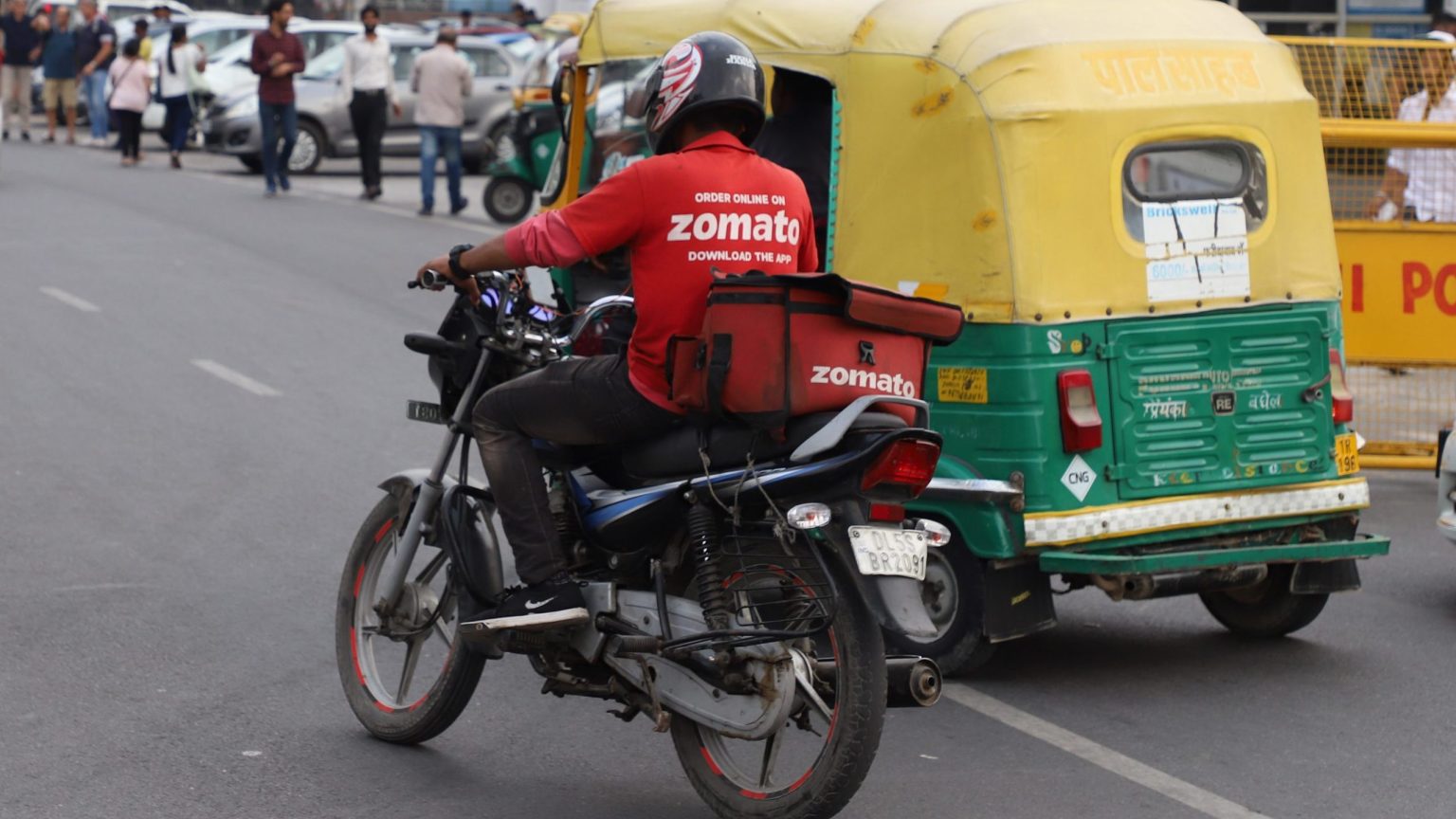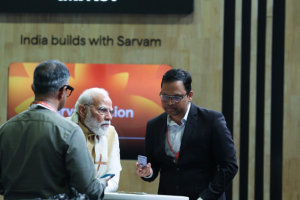As coronavirus engulfs urban India, Swiggy and Zomato, two of India’s largest online food ordering and delivery platforms are increasing their presence in relatively Covid 19-free smaller cities for driving growth.
A report by investment bank JM Financial says Swiggy touched the 5,000 orders per day mark in six to eight months in cities such as Patiala and Gorakhpur, while it took about three years to reach the same daily average in Gurugram, a satellite town adjoining Delhi, Business Standard reported.
“The start-ups have been expanding their presence in non-metros, tier-3 and 4 cities to make the full use of better business economics present in these markets,” the paper said.
Several factors favour this favour, the newspaper added, such as lower labour costs and quicker delivery time due to lesser traffic congestion that the smaller India cities typically offer.
In the financial year 2020, the Naspers-backed start-up Swiggy, for instance, launched services in a new city every nine days, as against 90 days in FY18, the report said. The costs have also dropped to nearly 1/10th to $2,700 during the same period.
Similarly, in 2019, rival Zomato claimed that the cost in delivering orders in non-metro cities was roughly half of a big-city delivery cost, while the delivery was three minutes faster.
Labour migration
Encouraging these companies to explore smaller towns is the migration of workers from cities to their hometowns after the work-from-home phenomenon gripped the post-pandemic world.
A report by Zomato said, for instance, that one in every five of its city customers opened their app from a smaller town. A third of those ordered again from their new location.
A Zomato report added that during the early days of the pandemic customers were wary about contracting the virus through food delivery. But measures such as contactless payments and other safety protocols gradually allayed their fears and ordering frequency picked up.
The report also claimed that the food delivery industry has largely recovered since the gloomy days, with the sector clocking about 75% to 80% of pre-Covid orders already.
Restaurants that pivoted to online food delivery have recovered 70% of their pre-Covid volume, and nearly 5% added this facility during the lockdown.
Rise of ‘cloud kitchens’
Yet the fear of dining out continues to grip India with rigid social distancing norms and the ever-increasing risk of contracting the virus through proximity. Restaurants are operating at a mere 8% to 10% of pre-Covid levels, the Zomato report said.
It found that even in cities where lockdowns had been eased, only 17% of dine-out restaurants were open for business. Of the 83% restaurants that are shut, 10% have shut permanently, while another 30% are at risk of closing down.
Small wonder that food delivery start-ups have started tapping “cloud kitchens” to revive their fortunes. Unlike restaurants with physical dining spaces, cloud kitchens are centralised cooking premises that cater to only online deliveries.
Read more: Indian food deliverers Swiggy, Zomato make $100m
This report appeared first on Asia Times website.
























